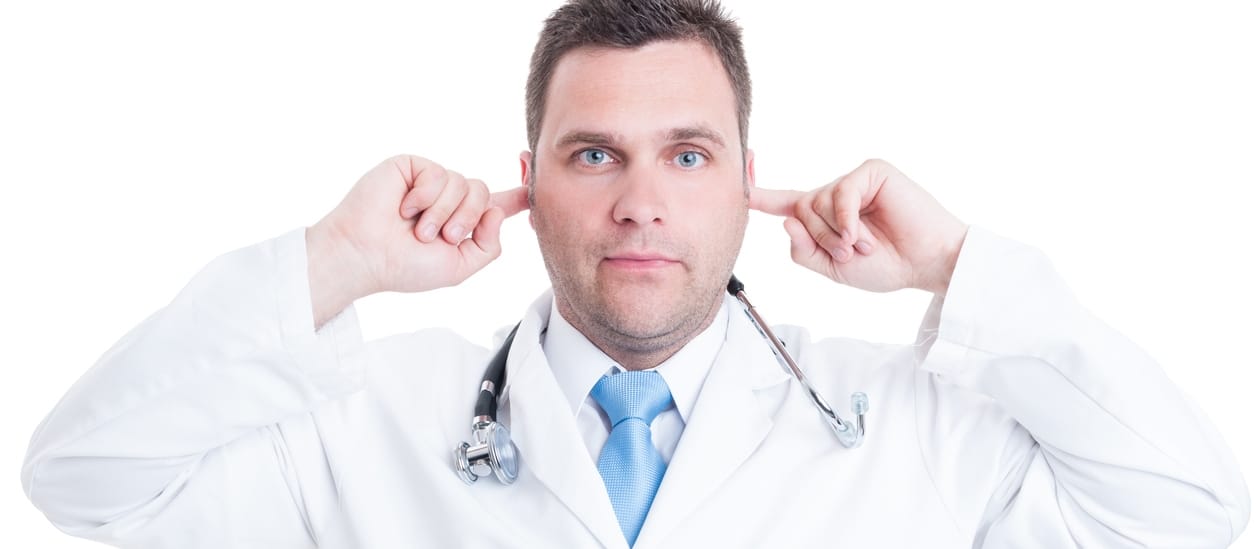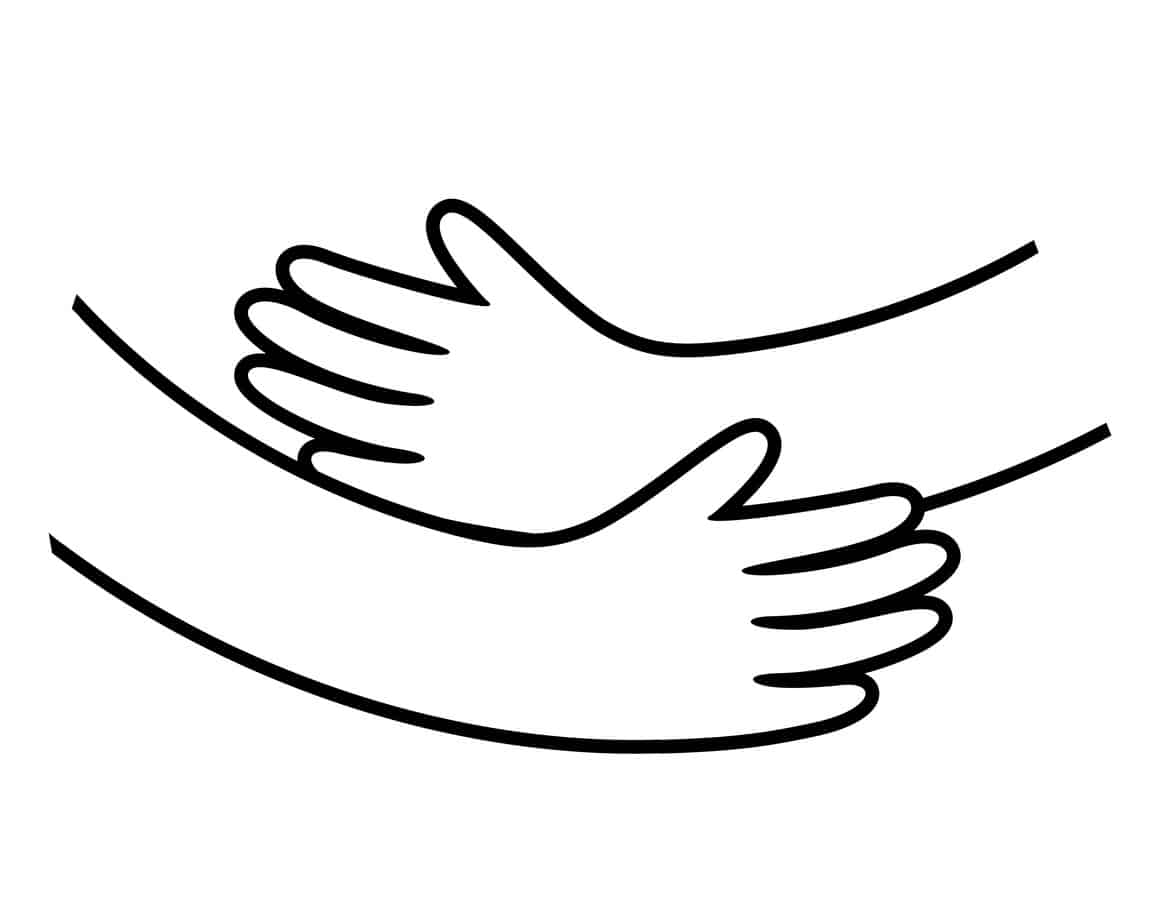
Caring and Health Care
“My doctor does not listen to me.”
This is the most common complaint I hear about our healthcare system.
Not listening is often a symptom of a larger problem: not caring.
If you’ve ever been treated impersonally in a healthcare setting, without adequate respect, not had your questions answered, or made to feel as if you shouldn’t have asked them, you have experienced a lack of caring.
You may have experienced a failure to diagnose or treat your problem correctly because no one cared enough to make sure it was done right.


Subscribe Now! Get More Health Info
Caring is critical to improving illness and disability
Caring: to have or show respect or concern for. To pay attention. Displaying kindness and concern for others.
A person who is caring is kind. The word “kind” comes from the word “kin.” You are kind because the object of your kindness is “kin,” as family to you.
Many people have given up on expecting caring or kindness from their healthcare professionals.
I believe that if it were possible to remake health care around the concept of “caring,” this would solve many of its problems.
A Person Cares Most About Their Purpose
I think that a healthcare professional who treats you without enough care does so because their purpose has been altered to something OTHER than to help patients regain their health.
Your purpose is, by definition, what you care the most about. This is at the very heart of caring. If your doctor’s purpose is to create financial stability for his family, that’s what he will care about. His corporate management may have the purpose of keeping the board/shareholders happy by increasing profits.
The purposes of the professional and his management can become something other than helping patients, which means that there is little to no caring for those patients.
Therefore, despite their natural empathy and desire to help, many healthcare providers can act as if they care very little about providing patients with effective, caring, and affordable healthcare.
The corporate healthcare system has hijacked their purpose.
You Can Determine a Person’s Purpose by Observing What They Produce
This is a great tip: Don’t listen to what they say. Don’t watch what they do. Instead, examine what they PRODUCE. This will give you a clue as to their purpose and tell you what they care (or don’t care) about.
Our current healthcare system has produced a society where more than half the population is sick from chronic disease. (Link is to CDC website) Their PRODUCT is millions of sick people who spend large sums of money on drugs and surgeries that don’t result in any less illness.
So, based on what they are producing, you can determine what they care most about.


How Healthcare Should Be Done
Caring in healthcare is NOT some nice add-on to make the patient happier. It’s critical to getting any successful results.
In my clinic, the goal is to help patients recover their health for the rest of their lives.
The only way any progress with chronic disease can be made is to combine effective evaluation and treatment with improved lifestyles.
To be effective, I must have excellent communication with my patients. Otherwise, they can’t do their program effectively, and I won’t know exactly what is occurring with them as they heal.
The only way to be in good communication with anyone is to really care about them and like them! How well do you communicate with someone you don’t like? Not so good, correct?
Good communication, and therefore effective treatment is a direct result of liking and caring.
Patients often need help with parts of their treatment program. The best help a practitioner can give is to be on their patient’s team! A combination of the patient desiring to recover their health and their practitioner caring about them and excited about their success can overcome most barriers to healing.
Our sad medical system suffers from short visits and overworked doctors who can come off as not caring. They often aren’t in good communication with their patients, leading to many devastating medical errors.


Success Based on Caring
By any measure, my patients are outrageously successful in recovering their health. These patients are my product, from which you can decide what my purpose might be.
- An astounding portion of my patients reverse their declining health conditions and start improving within a few weeks of starting a program.
- Many have their doctors take them off prescription medications because they don’t need them anymore.
- Many are declared no longer diagnosed with one disease or another.
- Many have resumed the lives they want to live, lives that had been curtailed or stopped by their health.
- Many are still healthy after 5, 10, 15, and 20 years from when they were first my patients.
These patients all got excellent results because their bodies were able to heal. My caring about the patient and the patient caring about their health and their treatment program facilitated this healing.

